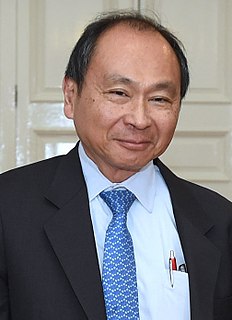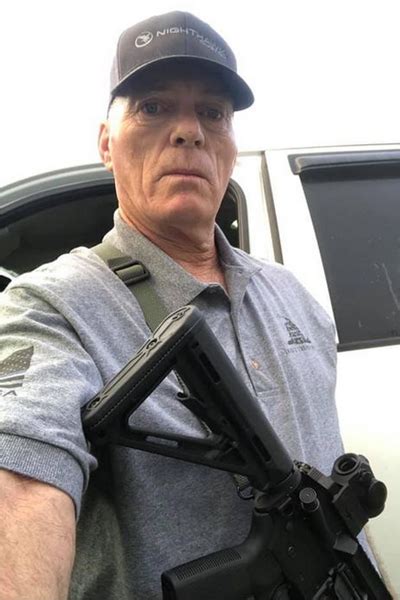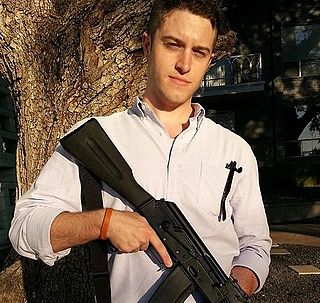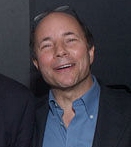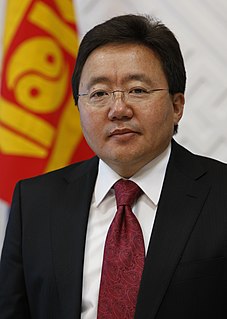A Quote by Francis Fukuyama
I've always had a Marxist understanding of history: democracy is a result of a broad modernization process that happens in every country. Neocons think the use of political power can force the pace of change, but ultimately it depends on societies doing it themselves.
Related Quotes
Democracy, taken in its narrower, purely political, sense, suffers from the fact that those in economic and political power possess the means for molding public opinion to serve their own class interests. The democratic form of government in itself does not automatically solve problems; it offers, however, a useful framework for their solution. Everything depends ultimately on the political and moral qualities of the citizenry.
America, like Britain before her, is now the great defender of the Status Quo. She has committed herself against revolution and radical change in the underdeveloped world because independent governments would destroy the world economic and political system, which assures the United States its disproportionate share of economic and political power ... America's preeminent wealth depends upon keeping things in the underdeveloped world much as they are, allowing change and modernization to proceed only in a controlled, orderly, and nonthreatening way.
I think that the best movies are made, not from a point of view that depends on your personal history, whether it's the color of your skin or the politics that you had or the place that you come from, but from a point of view of an understanding of human nature, an understanding of history, and an understanding of what motivates people.
I think the Iraqis themselves will have to make a determination as to what type of government they ultimately come up with and what kind of nation they ultimately come up with. But they can continually use America's troops presence. The problem is not going to change until they are confronted with the reality that they have to make decisions and they have to make them themselves. They have to decide whether they want a country, whether they're willing to put their lives on the line and sacrifice for a national interest as opposed to a regional or sectarian interest.
If you're a realist, you know that people have different roles to play in politics, economics, and this is an important role, but I do think that there has to be an understanding of how what happens here on Wall Street has such broad consequences not just for the domestic but the global economy, so more thought has to be given to the process and transactions and regulations so that we don't kill or maim what works, but we concentrate on the most effective way of moving forward with the brainpower and the financial power that exists here.
Any play that makes an audience think out of the box, that makes connections to life and names our pain and by doing so makes our pain subject to thinking and the process of understanding, is doing something inherently political. By promoting understanding, by putting experience in context, by making connections between the normal and the rational, theatre is an act of anti-terrorism. It stimulates courage and a survival spirit. In that sense of political, there are a lot of serious plays doing their work in the world.
I have always had a deep belief that every movie, every artistic expression, is political. Don't be fooled. Even ones that we wouldn't consider overtly political are political. When we spend time doing anything, whether it's distraction or whether it's something that we have to face, it is always political. That's my belief.
